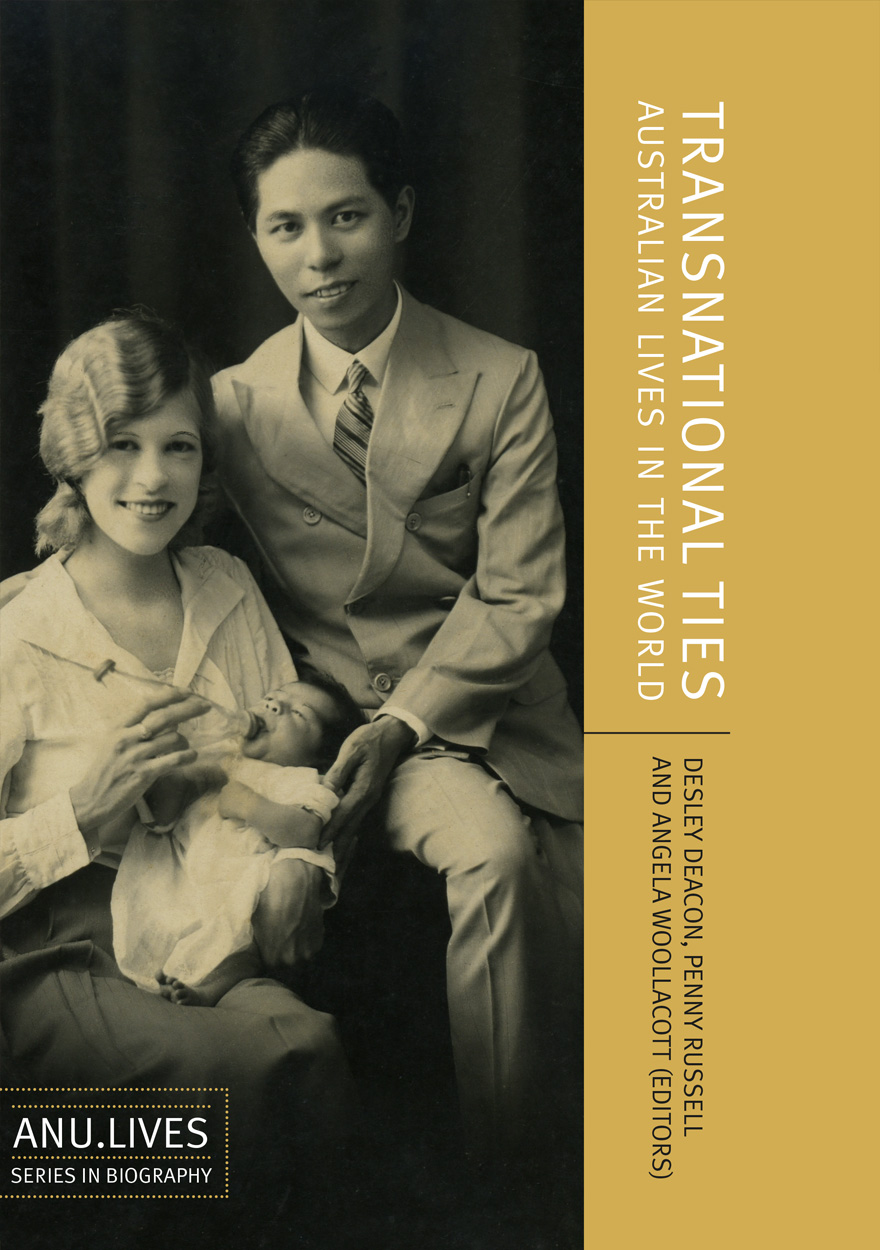Biography Series
The National Centre for Biography in the History Program in the Research School of Social Sciences at The Australian National University hosts the Biography Series. The National Centre was established in 2008 to extend the work of the Australian Dictionary of Biography and to serve as a focus for the study of life writing in Australia, supporting innovative research and writing to the highest standards in the field, nationally and internationally. Books that appear in the Biography Series are lively, engaging and provocative, intended to appeal to the current popular and scholarly interest in biography, memoir and autobiography. They recount interesting and telling life stories and engage critically with issues and problems in historiography and life writing.
Please note: The following list of titles is sorted by publication date, with the most recent first.
Displaying results 1 to 19 of 19.
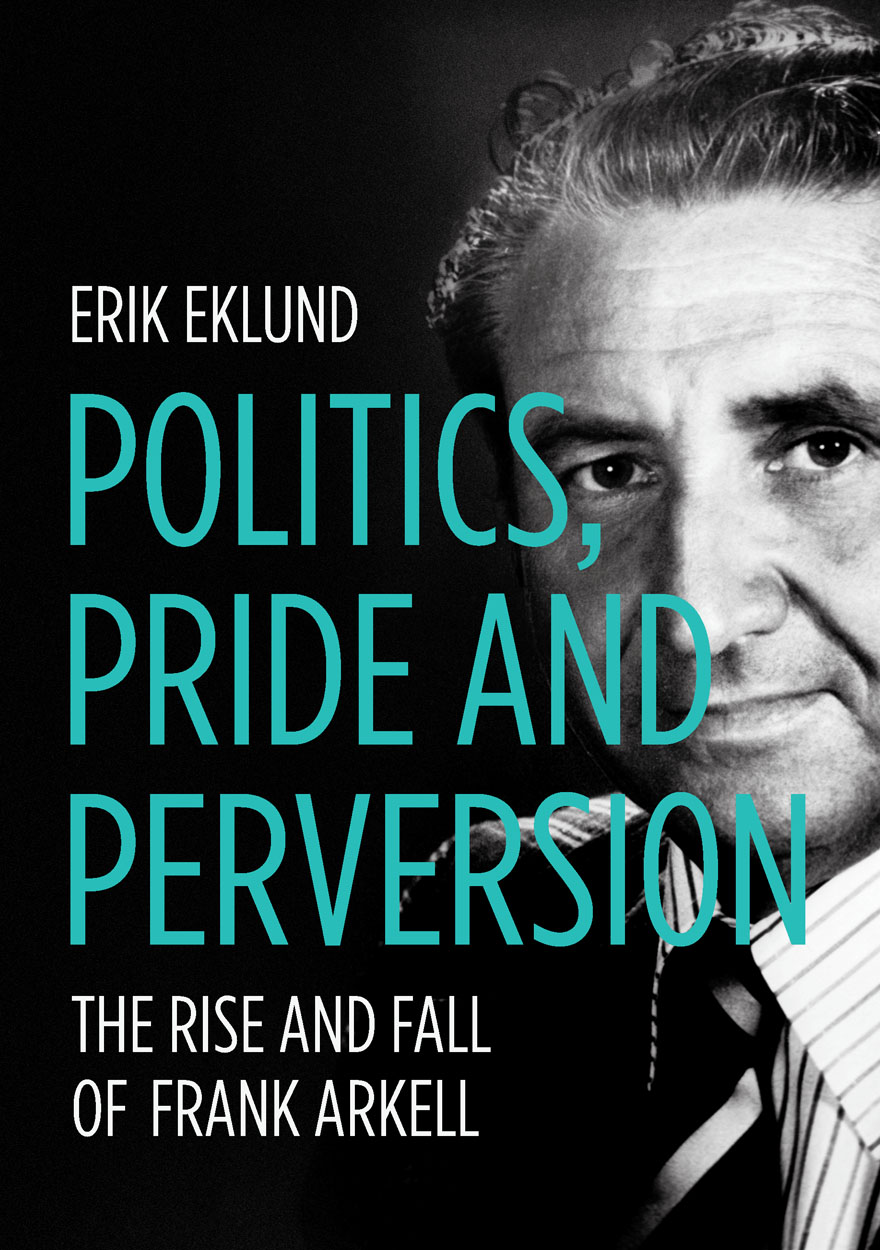
Politics, Pride and Perversion »
The Rise and Fall of Frank Arkell

Dictionary of World Biography »
Tenth edition

‘My own sort of heaven’ »
A life of Rosalie Gascoigne

‘Order, Order!’ »
A Biographical Dictionary of Speakers, Deputy Speakers and Clerks of the Australian House of Representatives

Persons of Interest »
An Intimate Account of Cecily and John Burton
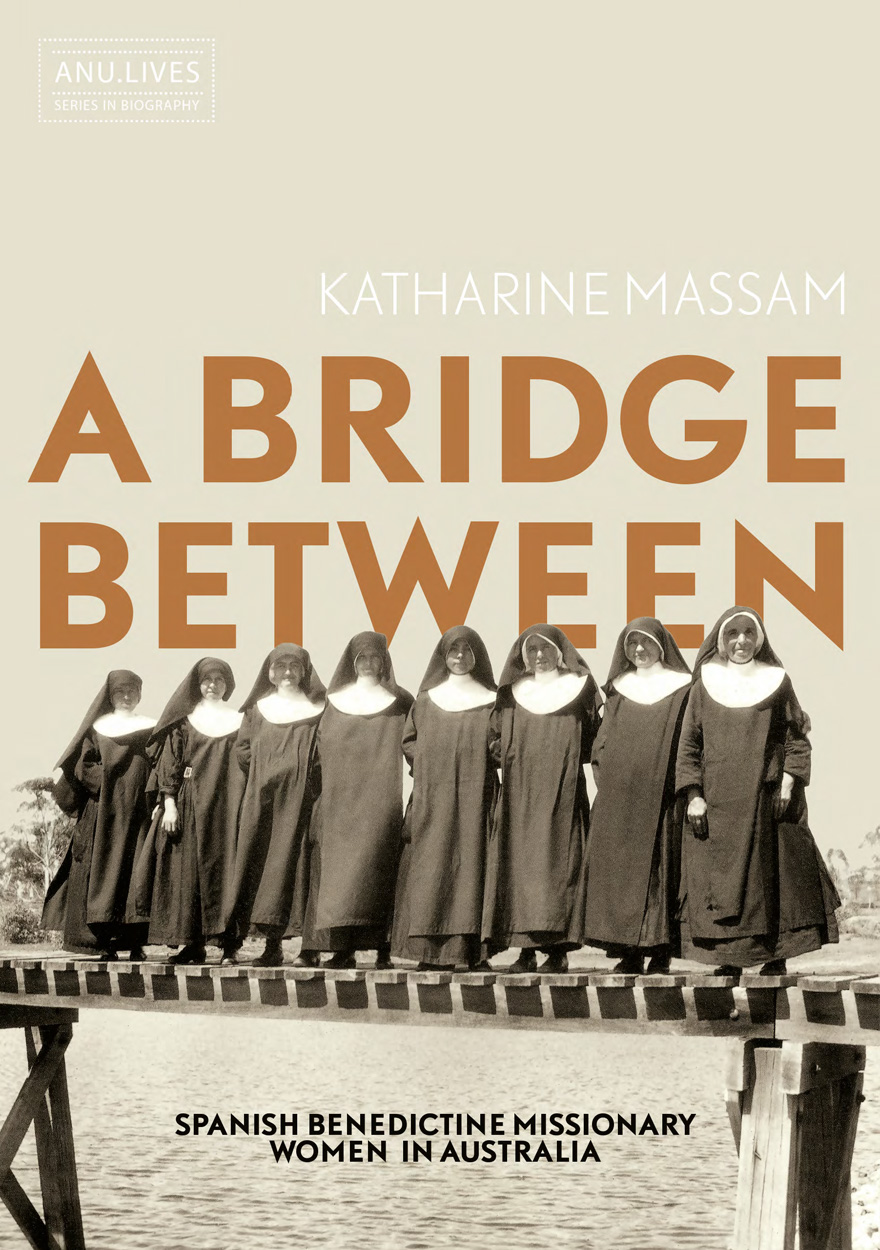
A Bridge Between »
Spanish Benedictine Missionary Women in Australia

People and Place »
The West Coast of New Zealand’s South Island in History and Literature

‘True Biographies of Nations?’ »
The Cultural Journeys of Dictionaries of National Biography
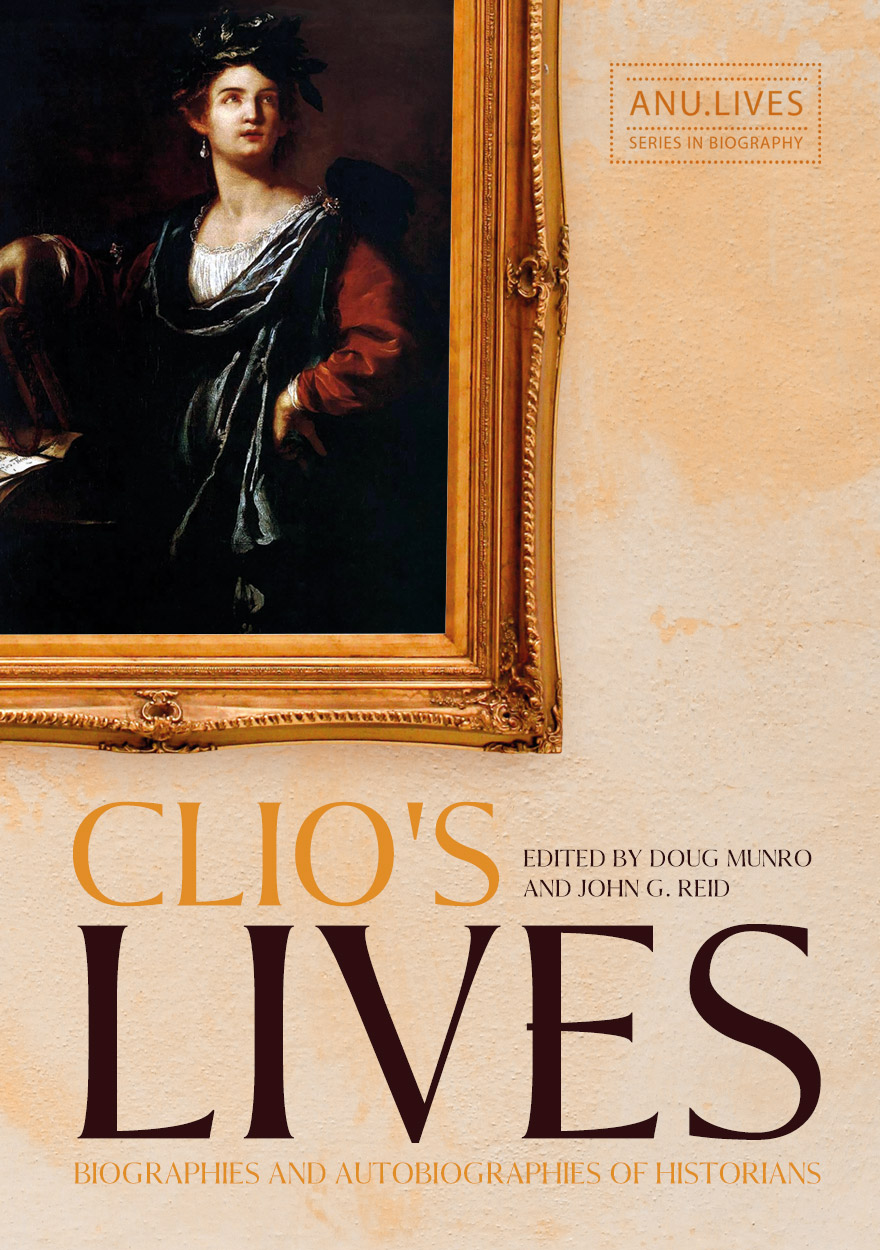
Clio’s Lives »
Biographies and Autobiographies of Historians
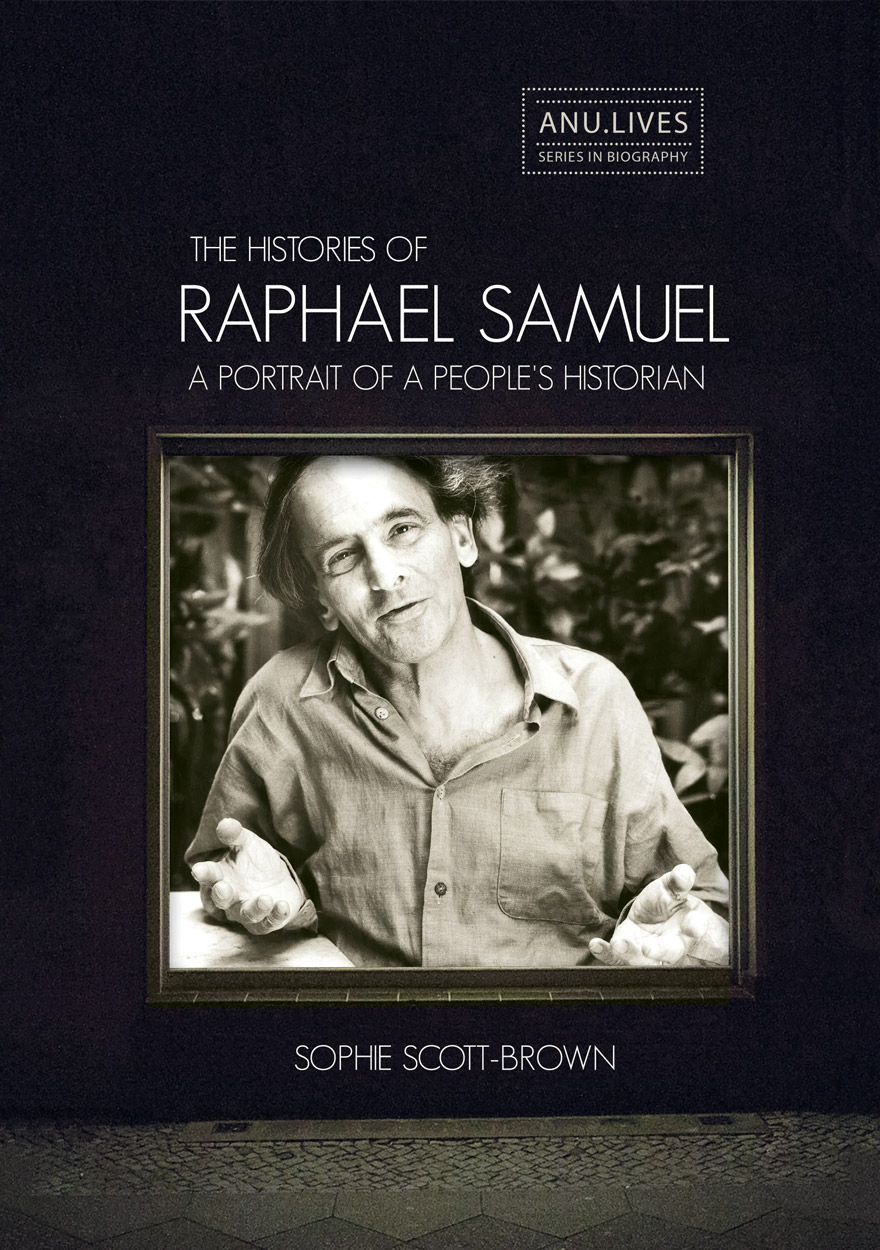
The Histories of Raphael Samuel »
A portrait of a people's historian
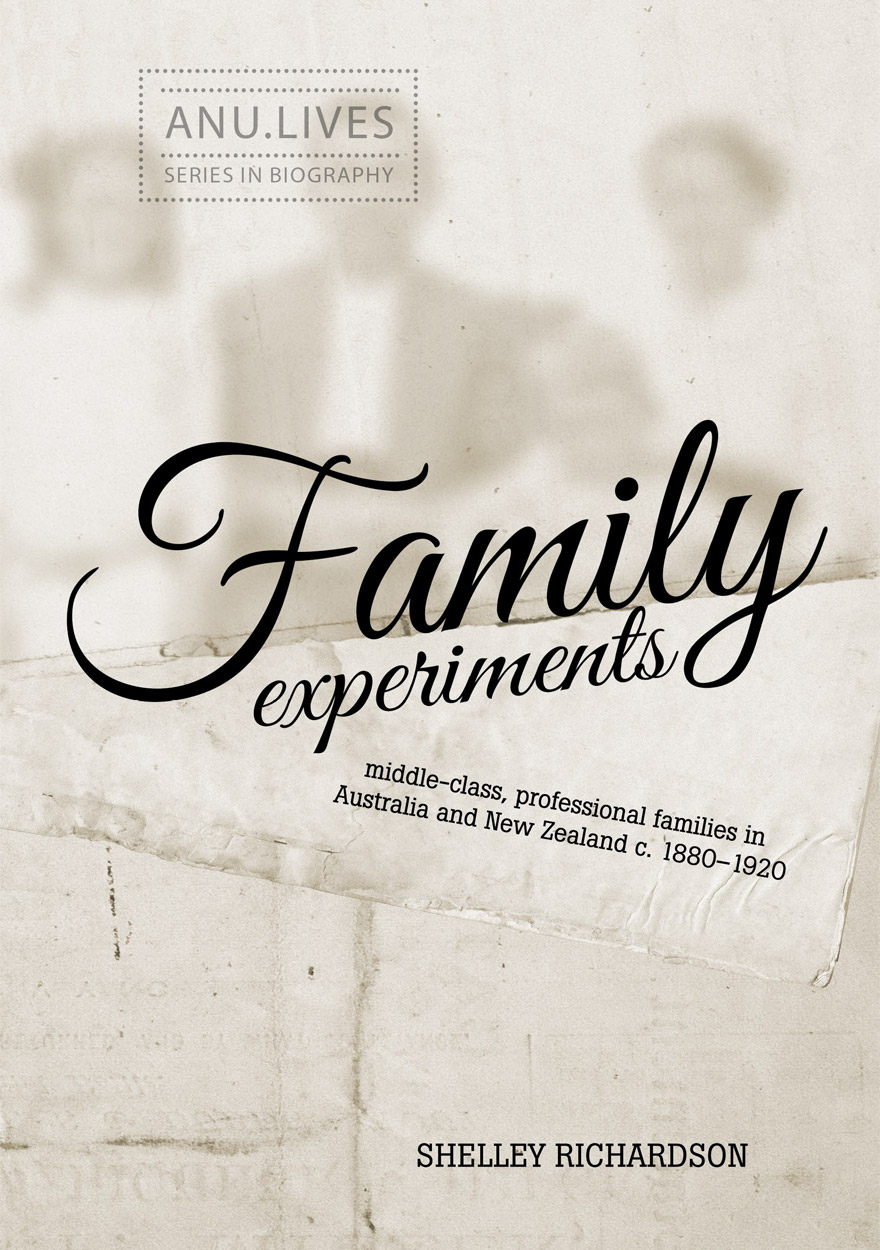
Family Experiments »
Middle-class, professional families in Australia and New Zealand c. 1880–1920

Ten Journeys to Cameron's Farm »
An Australian Tragedy

The Seven Dwarfs and the Age of the Mandarins »
Australian Government Administration in the Post-War Reconstruction Era

Ngapartji Ngapartji »
In turn, in turn: Ego-histoire, Europe and Indigenous Australia
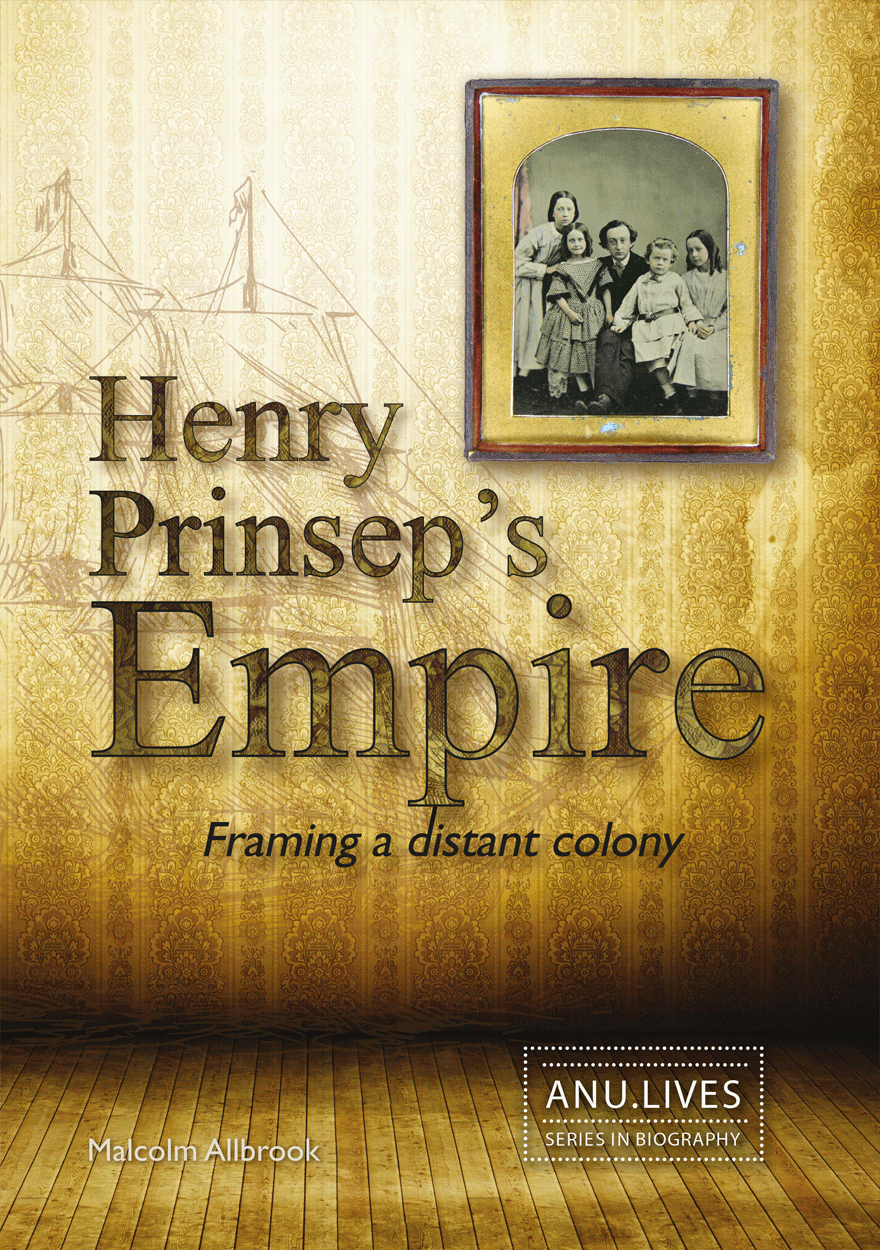
Henry Prinsep's Empire »
Framing a distant colony

The ADB's Story »

Scholars at War »
Australasian Social Scientists, 1939–1945

Māori and Aboriginal Women in the Public Eye »
Representing Difference, 1950–2000
